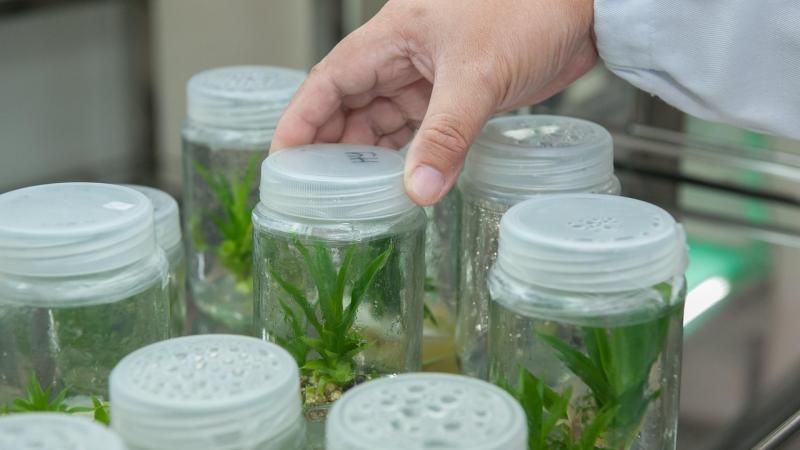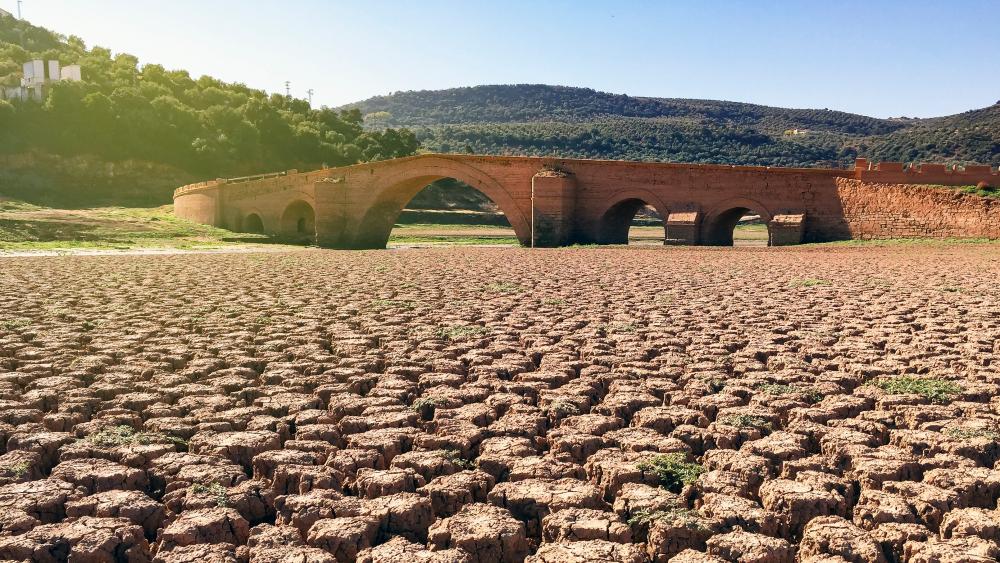
Dried out river bed. I Photo: shutterstock
Some aquatic systems simply disappear, others show increasing incidences of toxic algal blooms, many species face problems because of reduced oxygen levels in the water at higher temperatures – the list is long. The world's freshwater ecosystems and the aquatic biodiversity are put under serious threat.
Just last week, more than 100 scientific societies for water research, including the Deutsche Gesellschaft für Limnologie (DGL), the International Society of Limnology (SIL), the World Sturgeon Conservation Society (WSCS) and the American Society for Limnology and Ocenaography (ASLO) have published a joint declaration on the impacts of climate change on water ecosystems. They call for swift and courageous action.
Scientific findings and data, to which IGB scientists have contributed, indeed provide strong evidence in support of demands for clear targets and a pro-active and effective policy.
On the occasion of the global climate strike, we have compiled 10 facts and studies on the topic >
Today is #ClimateStrike! As a research institute we see the enormous impacts of #ClimateChange on #freshwaters everywhere. Today, our thread presents 10 facts that support the demands for strong climate targets. #FridaysForFuture pic.twitter.com/5MhVy7xd1V
— IGB Berlin (@LeibnizIGB) September 25, 2020
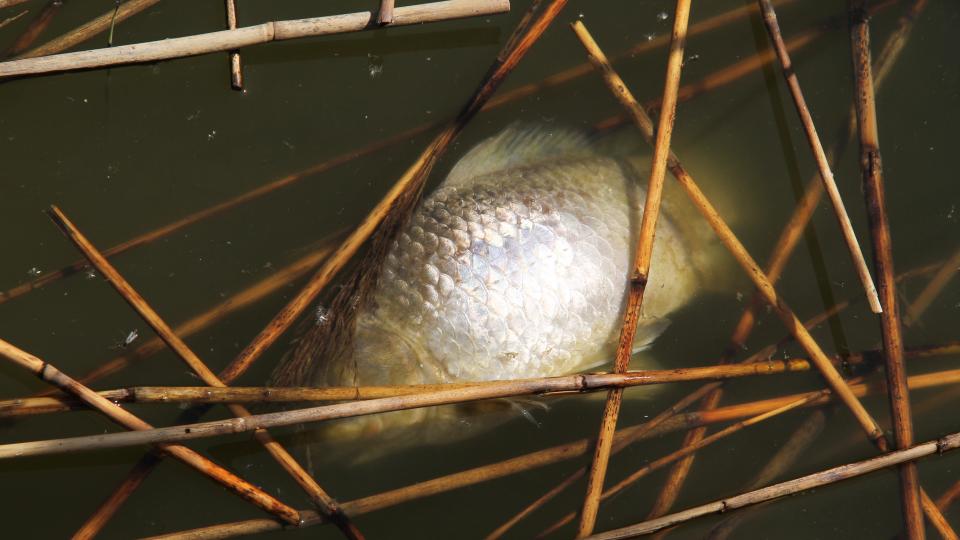
The temperature change of lakes has immense direct and indirect impacts on their physics and chemistry, such as lower oxygen concentrations in summer. IGB Dossier > I Photo: shutterstock
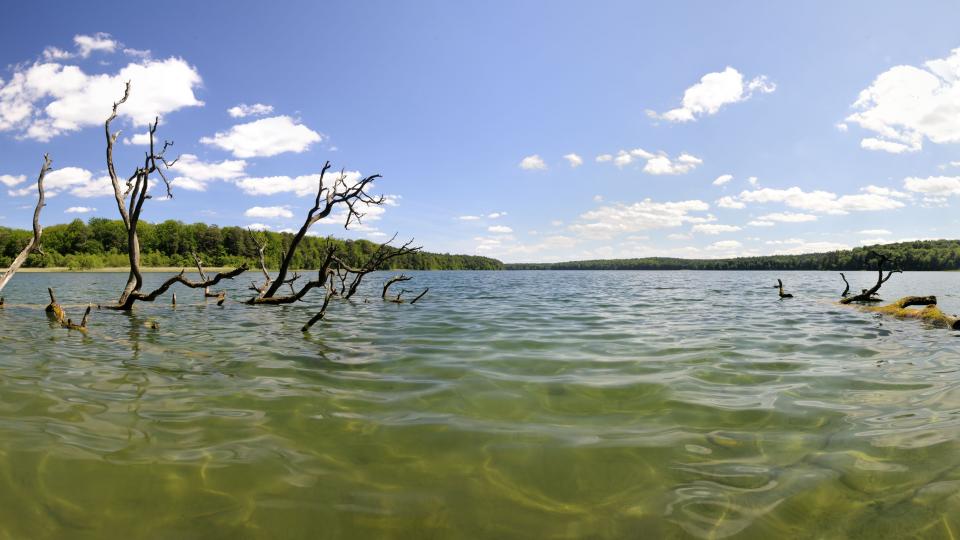
Long-term data show that the summer surface temperature of lakes worldwide rose by an average of 0.34 °C every ten years between 1985 and 2009. In Geophysical Research Letters > I Photo: Michael Feierabend
These processes lead to the release of nutrients previously bound in sediment, such as phosphorus. These higher nutrient levels can lead to higher incidences of intense algal blooms. In Freshwater Biology > I Photo: Angelina Tittmann
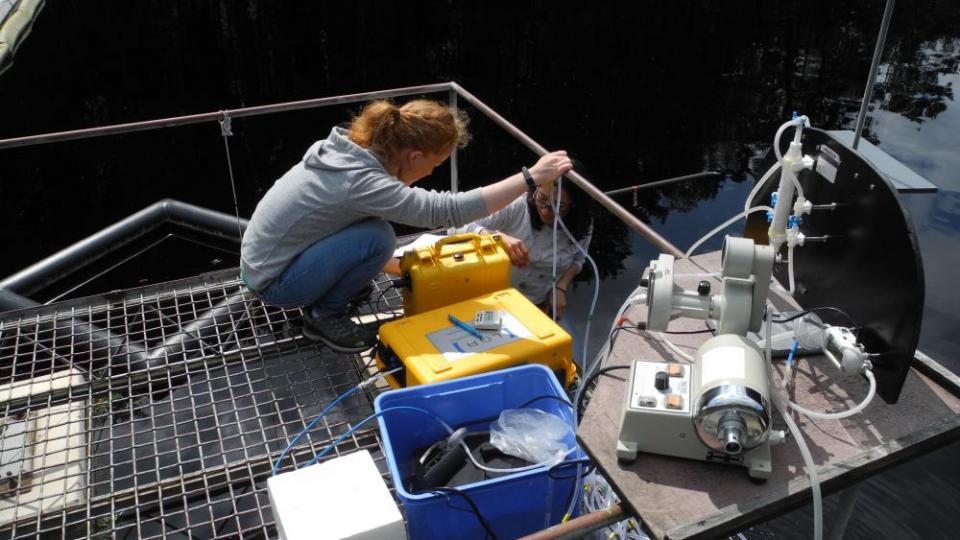
There is clear correlation between temperature rise and methane emissions from water bodies. Methane is a powerful greenhouse gas, so this increase contributes to further climate change. In Nature Communications > I Photo: IGB
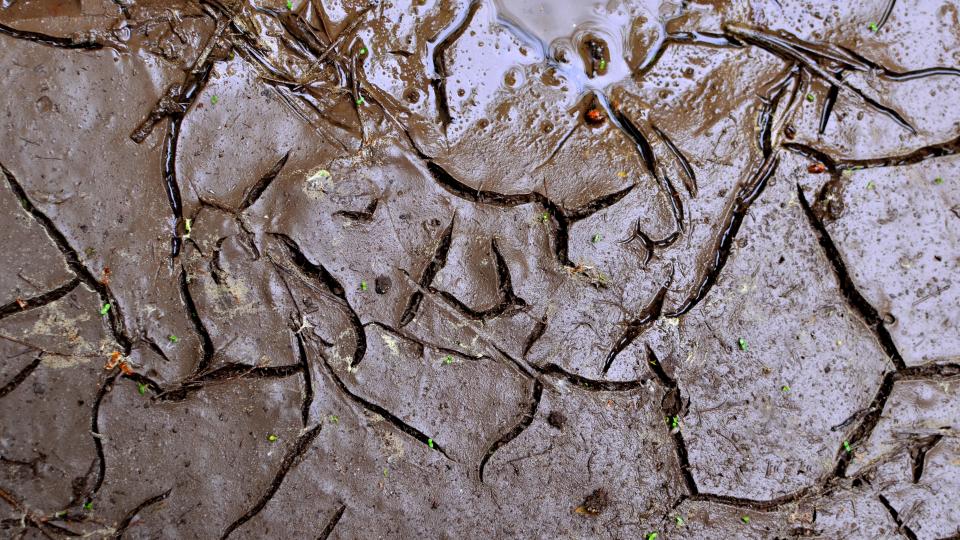
More Carbon dioxide is released from wetlands that temporarily dry up. As droughts will increase, CO2 emissions from aquatic systems thus risk rising. In Nature Communications > I Photo: shutterstock
Cyanobacteria produce relevant amounts of methane. Due to climate change, “Cyanobacteria blooms” will increase in frequency, amplifying the release of methane from inland waters and oceans to the atmosphere. In Science Advances > I Photo: Angelina Tittmann
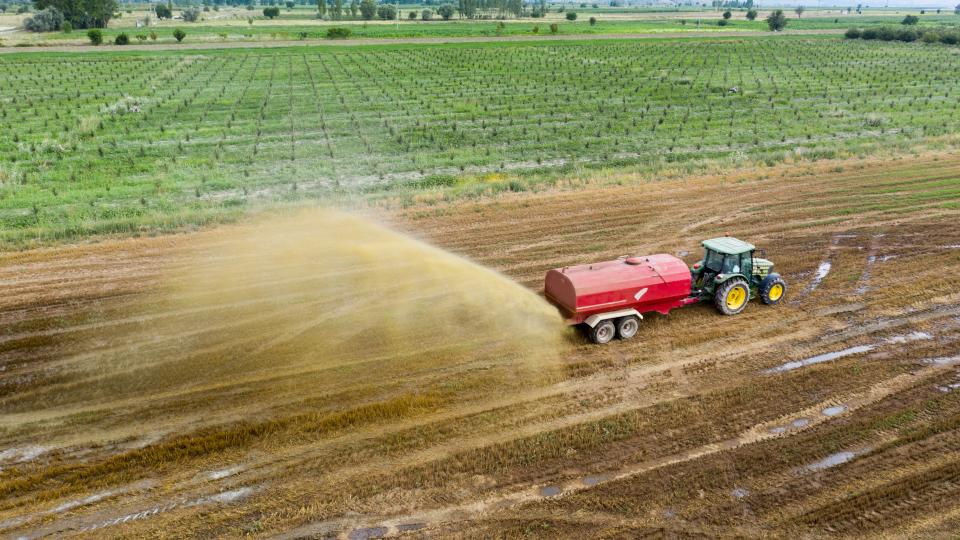
Climate change and industrial agriculture mutually exacerbate their negative effects. The combined effect of various pressures, such as temperature increases and nutrient inputs, is often much greater than would initially be suggested by the sum of the individual impacts. In Nature Ecology and Evolution > I Photo: shutterstock
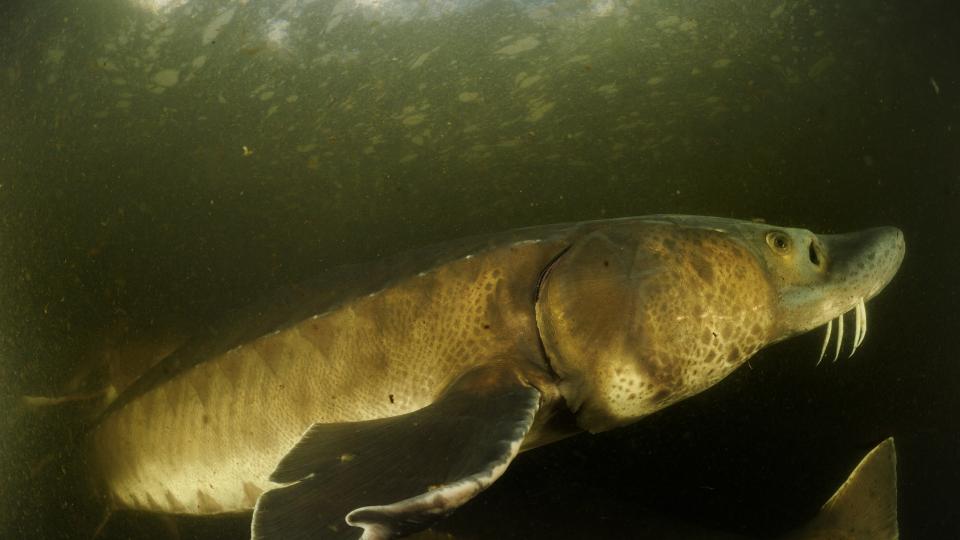
Climate change is one of the main causes of biodiversity loss worldwide, as it changes living conditions and habitats. Freshwater biodiversity is especially impacted. For example big freshwater animals declined globally by 88% between 1970 and 2012. In Global Change Biology > I Photo: Solvin Zankl

Climate change will strongly affect many European freshwater fish species. This is particularly the case for species in the Mediterranean region. In Global Change Biology > I Photo: shutterstock
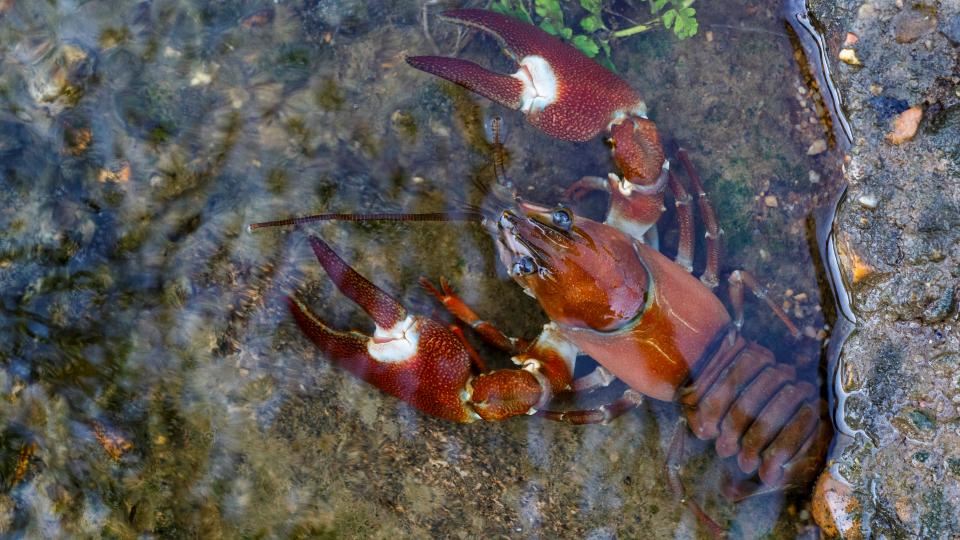
International scientists warn that climate change is one of the drivers of the expansion of alien-invasive species. In Biological Reviews > I Photo: shutterstock





